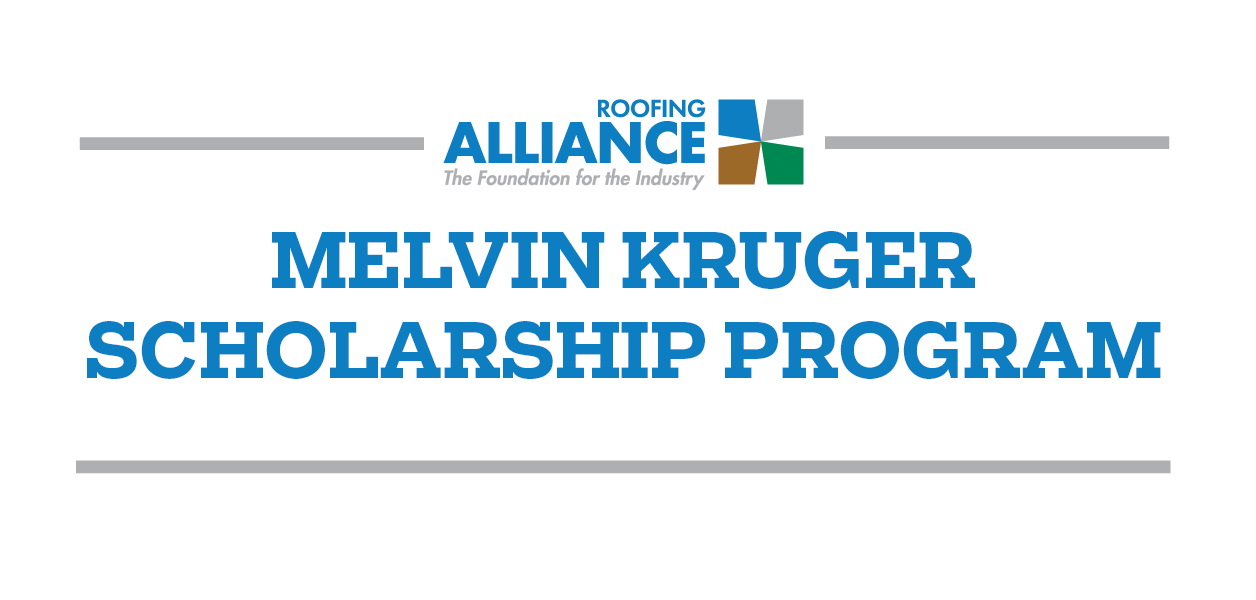Since the COVID-19 outbreak hit the U.S., many in the construction industry have noticed a move toward more collaboration among companies, according to www.constructiondive.com.
Competing general contractors are sharing information, especially about ways to keep workers safe during the pandemic; posting photos, best practices and toolbox talks on their websites; and sharing ideas on webinars and conference calls to offer solutions that can benefit the industry. They are working closely with owners, subcontractors and suppliers to stay updated regarding the latest developments and try to resolve shared problems.
Mike Benike, executive vice president at Benike Construction, Rochester, Minn., said the collaboration has been key to the construction industry’s quick reaction to keeping job sites healthy and operational during the crisis.
“It’s amazing that only little more than a month ago, many construction sites did not have anything different in place, and now the procedures are completely different and continuing to change every day,” Benike said during a recent COVID-19 webinar sponsored by Destination Medical Center in Rochester.
Panelist Troy Blizzard, vice president of operations at Mortenson, Minneapolis, said he has never seen such collaboration among the contractors in his market.
“It’s absolutely been a theme of all this that we’re all in this together and we’ve got to share best practices,” Blizzard said. “It’s all about ‘What are you doing and what have you seen to help business?’ in what is usually a very competitive environment.”
Associations also have played a crucial role in promoting collaboration and unity of the industry during the pandemic, including providing guidelines and webinars and helping their members fully understand local, state and national mandates and legislation.
Phil Thoden, president of the Austin, Texas, chapter of the Associated General Contractors of America, says the value of these associations, which have always been focused on collaborative problem-solving among members, is more important than ever.
“When things are going fine, people might take a group like that for granted,” Thoden says, “but when they really need it, they say ‘I get the value proposition now.’”





